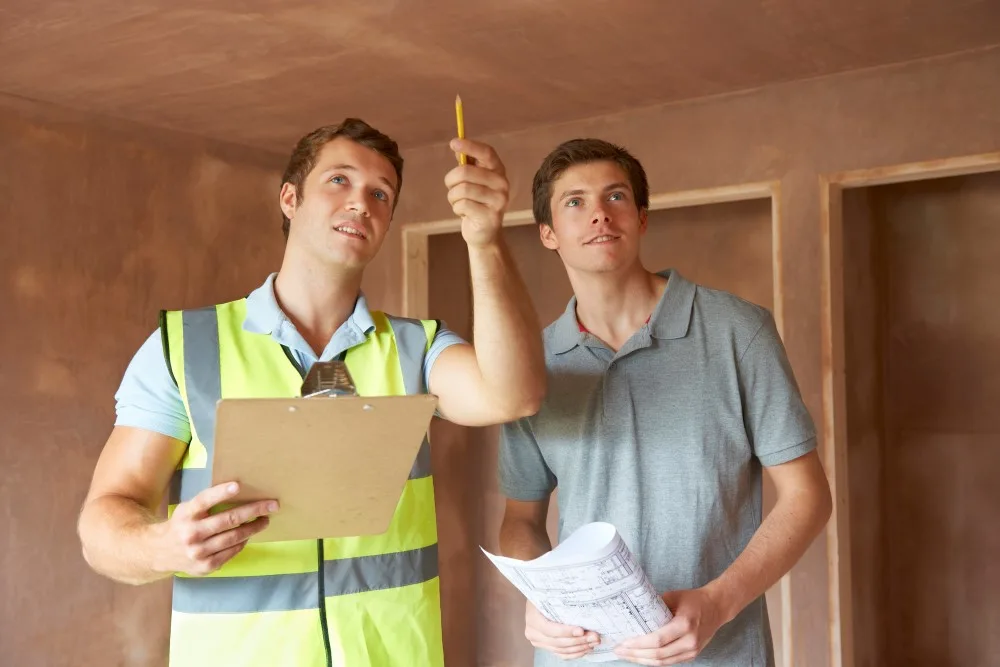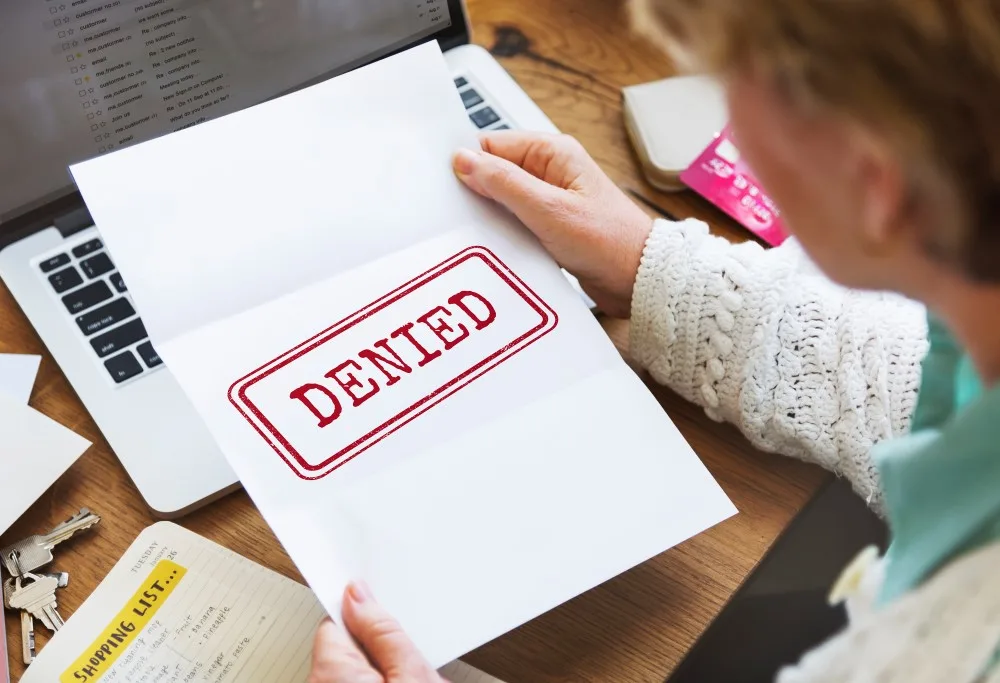Whenever homeowners or contractors apply for a permit, they’re usually issued an open permit. Different cities have their specified timeframes for the expiration of a permit. It is common practice for permits to expire if work doesn’t begin within 6 months after it is issued or within a year from when the permit was granted. This way, the building/development department can manage major and minor construction projects.
Before a permit is closed, the finished work must be assessed and deemed acceptable by the city. Thus, not closing a permit implies that the project does not have the city’s approval. Here are some of the repercussions of leaving your building permit open.

Closing a permit relies on inspection approval of the building’s safety and integrity. Unclosed permits imply that construction is potentially incomplete or not up to code. This can incur code violation fines and affect home finance, insurance, and house sales. Subsequent permit applications may be denied.
Closed Permit Indicates Completed/Inspected Work
A permit is issued to ensure that construction projects are done in line with current state laws and standards. For the building department to confirm that the project is up to standard, graphic representations are required during the process of applying for the permit, and an inspection is conducted after the completion of the project.

The permit is closed if the inspector is satisfied with the completed work. However, if faults are found, the inspector would demand that changes are made in line with the city’s building standard, and you would have to schedule another inspection after the amendments have been carried out.
Municipalities document projects with closed permits as city-approved. However, completed projects with open or expired permits wouldn’t be classified thus.
Unclosed Permit May Count as Building Code Violation
In some cities, failure to close a permit is regarded as a violation of building codes, and this can result in fines.
Furthermore, building codes change periodically to best ensure the safety of residents. Thus, if you complete a project without closing the permit, the codes could change within the time you leave the work uninspected. If that happens, the project would be regarded as not up to code.
Older projects with closed permits would be exempted from the changes to the building regulations. But if your work hasn’t been approved by your building department, it would have to be reconstructed in line with current construction standards before the permit can be closed. This implies that you might be required to rebuild or redo the work.
So, if you keep holding off on closing your permit for months or even years, you might have to make extensive changes to your already completed project.
Subsequent Permit Requests Denied
Your city’s building department has records of all the permit applications, including the schematic representation of the project and closing details. If you obtain a permit(s) and do not close them, your city might restrict you from obtaining any new permit.
If this happens, you would have to first close all your open or expired permits before your request for a new permit can be accepted.
Closing your old permit may only involve an inspection of the completed work, but as I stated earlier, if there are changes to the building codes within this period, you would have to comply with the new rules.
This means that if you were required to have just one window in your bedroom and the new law demands that you install two windows, you’d have to add a new window to the room before the inspector can approve the closure of your permit.

Home Finance Denied
Financiers like mortgage and title companies sometimes perform permit searches on properties. Unlike issues such as property liens, open permits are not discovered in the preliminary reports of title insurances, and if it is discovered during the appraisal stage, your financier could retract from financing your property.
Your financier might still proceed with the process, even after discovering permits that have not been closed. However, the best course of action is to close all open permits. You can contact your city’s building department for information on older permits that might have been opened by the previous owners. That way, you ensure that your records are clean and ultimately increase your chance of getting financing for your property.
Insurance Cover/Claims Denied
In some states, leaving a permit open, especially one for a project that has been completed for a while, could be classified as a violation of building codes.
Even if the act isn’t classified as a violation of building codes, the fact that the permit isn’t closed implies that the project might not have been constructed in line with the city’s safety standards.
Should you require an insurance cover on your property, your insurance provider might reject your claims on the grounds of improper construction. This mostly happens if the insurance company discovers that the damage was a result of work that wasn’t constructed according to recognized standards.
However, your insurance provider isn’t likely to deny your claim if the work is considered up to code. So, this is an uncertainty that is best avoided.
Home Sale Difficult
While it is common practice to search for liens on a property, most people do not search for open permits. Although it is possible to still sell a property that features open or expired permits, it’s advised that you close all open permits before putting your property on the market.
If the buyer has an attorney or title company, they might be advised to hold off on closing the property until all permits are closed. They could even move on to other properties altogether. This is because purchasers try to avoid properties that come with baggage, no matter how small it seems.

The general practice is for both parties to agree on who would be responsible for closing the permit. Some purchasers might even agree to close the permit based on certain conditions. However, in most cases, if the buyer discovers open permit(s) before closing on a property, the current owner is expected to address the issue before the closing date. Thus, if there’s a need to make adjustments to the project, it would be done before the sale is finalized.
How to Close a Permit
The process of closing permits varies from one municipality to another. Some cities require that the permit be reactivated and the project completed in line with current safety standards before the permit can be closed. In other municipalities, the homeowner would be issued a new permit, and whenever all the required procedures are completed, the old permit would be closed along with the recently issued permit.
In most situations where a permit has been sitting around for months, a fee would have to be paid to facilitate the closing process.
If you are not responsible for obtaining the permit, you can contact your building and zoning department for information on whoever pulled the permit. If you discover that it’s a contractor that you employed in the past, then you can contact them to close the permit.
Alternatively, you might not want anything to do with a contractor that did not finish up something he/she started so you could hire someone else entirely.
Bear in mind that even if your project has been completed and appears to be functioning in perfect condition, if the building requirements were adjusted during this period you would have to make changes to your already finished work before your permit can be closed successfully.
If the project hasn’t been completed, it’s best to acquaint yourself with the current construction rules before you proceed.
How Long Does It Take to Close Open Permit?
How long it takes to close a permit would depend on a variety of factors:
- How long ago the permit was issued.
- The scope of the project.
- Are there detailed documents for all the open permits on the property? It will take longer if you have to search for permit information, especially if they were issued years prior.
- Have there been changes to building codes that directly affect your project?
- If there have been changes, would you have to make major or minor changes to your home?
- Specific city requirements.
- Your inspection result.
Unlike regular permit closing that typically involves a straightforward process of scheduling an inspection after the project has been completed and waiting for the inspector to approve and close the permit, closing old permits might not be as uncomplicated.
Building codes change occasionally, so in most cases, the older the permit, the longer it would take to close it.
The time it takes to close a permit would vary based on various factors, some of which are stated above. Some homeowners are able to close their old permits in 2 months and others might have to wait a year before their permit can be closed.
Sources
https://pacresmortgage.com/open-permits/#
https://htsco.co/hts-co/faqs-for-closing-open-permits/
https://berylprojectengineering.com/proper-permit-closure-letter/
